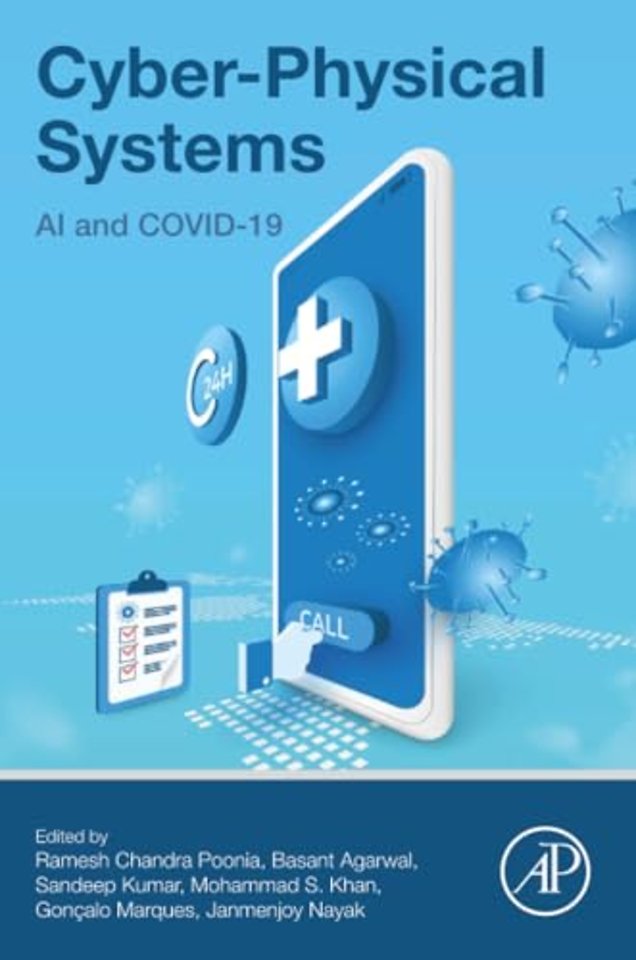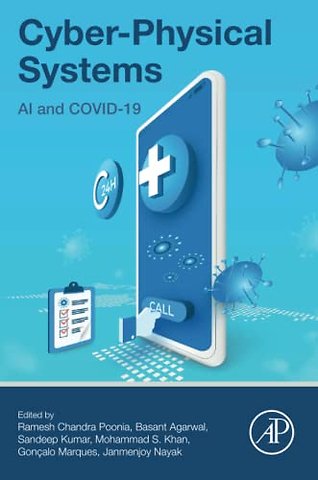Cyber-Physical Systems
AI and COVID-19
Samenvatting
Cyber-Physical Systems: AI and COVID-19 highlights original research which addresses current data challenges in terms of the development of mathematical models, cyber-physical systems-based tools and techniques, and the design and development of algorithmic solutions, etc. It reviews the technical concepts of gathering, processing and analyzing data from cyber-physical systems (CPS) and reviews tools and techniques that can be used. This book will act as a resource to guide COVID researchers as they move forward with clinical and epidemiological studies on this outbreak, including the technical concepts of gathering, processing and analyzing data from cyber-physical systems (CPS).
The major problem in the identification of COVID-19 is detection and diagnosis due to non-availability of medicine. In this situation, only one method, Reverse Transcription Polymerase Chain Reaction (RT-PCR) has been widely adopted and used for diagnosis. With the evolution of COVID-19, the global research community has implemented many machine learning and deep learning-based approaches with incremental datasets. However, finding more accurate identification and prediction methods are crucial at this juncture.

